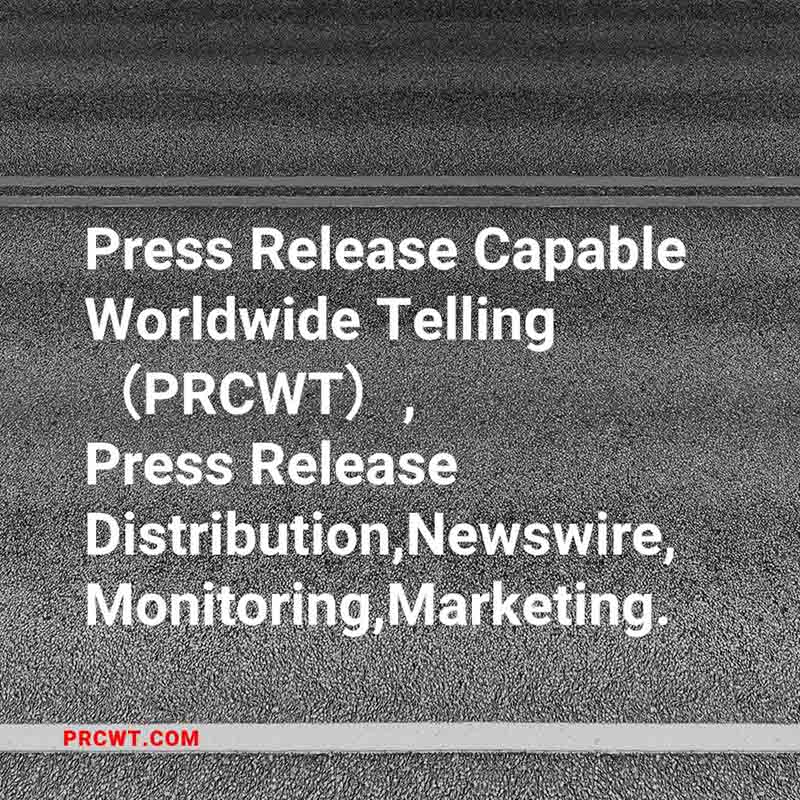In today's highly competitive business landscape, brand marketing has become more crucial than ever. With the rapid advancement of technology and the changing consumer behavior, brands need to stay ahead of the curve and adopt innovative strategies to connect with their target audiences. This article explores the latest trends in brand marketing and provides insights on how brands can leverage these trends to build strong brand identities and drive business growth.
The digital revolution has completely transformed the way consumers interact with brands. Social media platforms, online marketplaces, and mobile applications have become the primary channels for consumers to discover, research, and purchase products and services. As a result, brands need to have a strong presence on these digital platforms and engage with their consumers in meaningful ways. This includes creating engaging content, responding to consumer inquiries, and building communities around their brands.
Another important trend in brand marketing is the growing importance of personalization. Consumers today expect brands to understand their individual needs and preferences and provide personalized experiences. This can be achieved through data analytics, artificial intelligence, and machine learning. By analyzing consumer data, brands can gain insights into their consumers' behaviors, interests, and purchase patterns and use this information to create personalized offers, recommendations, and experiences.

In addition to digital and personalization, brands also need to focus on building strong brand identities. A strong brand identity is essential for building consumer trust and loyalty. This includes having a clear brand message, visual identity, and values. Brands need to communicate their unique value proposition to their consumers and differentiate themselves from their competitors. They also need to ensure that their brand is consistent across all channels and touchpoints.
To build strong brand identities, brands need to invest in brand building activities such as advertising, public relations, and sponsorships. However, these activities need to be executed in a strategic and integrated way. Brands need to align their brand messaging and visual identity with their marketing activities and ensure that they are reaching their target audiences in the right places and at the right times.
Finally, brands need to focus on building long-term relationships with their consumers. Consumer loyalty is no longer based on price or convenience but on the emotional connection that consumers have with brands. Brands need to focus on creating experiences that exceed consumer expectations and build emotional bonds with their consumers. This can be achieved through customer service, loyalty programs, and community building.
In conclusion, brand marketing is a complex and dynamic field that requires brands to stay ahead of the curve and adopt innovative strategies to connect with their target audiences. By leveraging the latest trends in digital, personalization, and brand building, brands can build strong brand identities and drive business growth. However, these strategies need to be executed in a strategic and integrated way and focus on building long-term relationships with consumers.